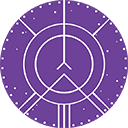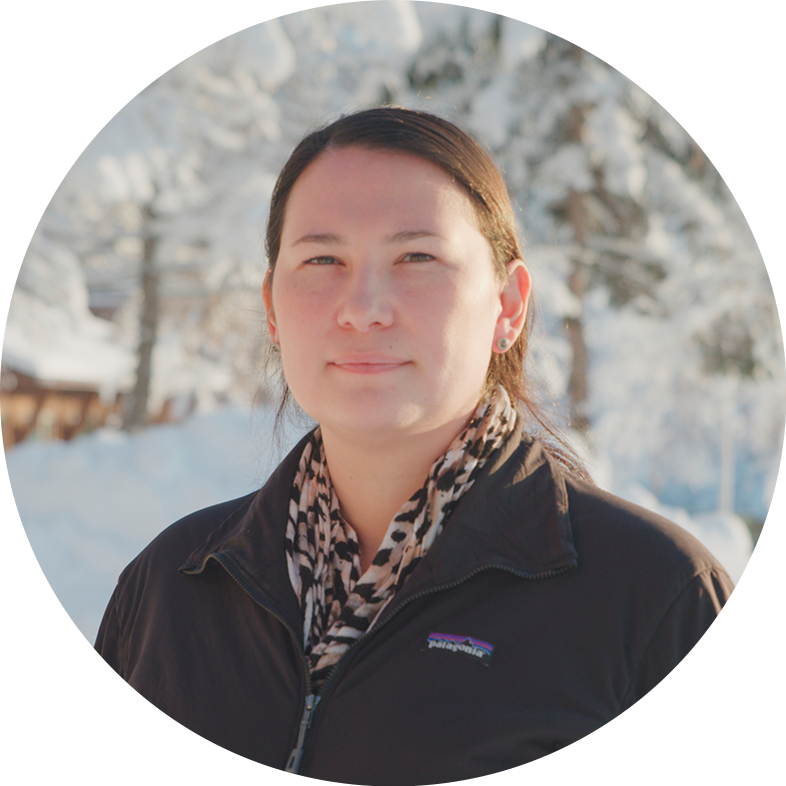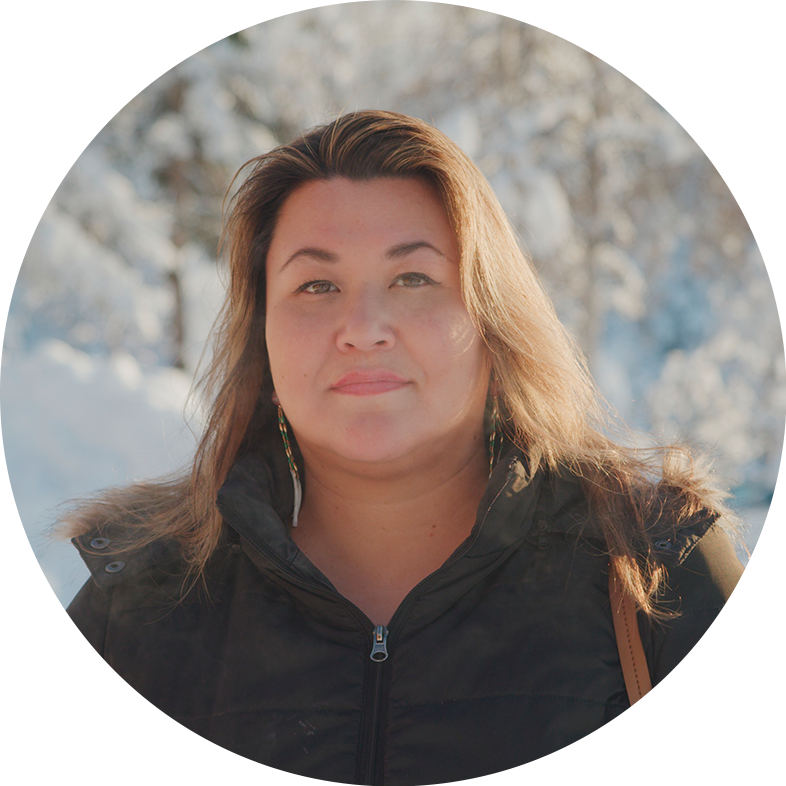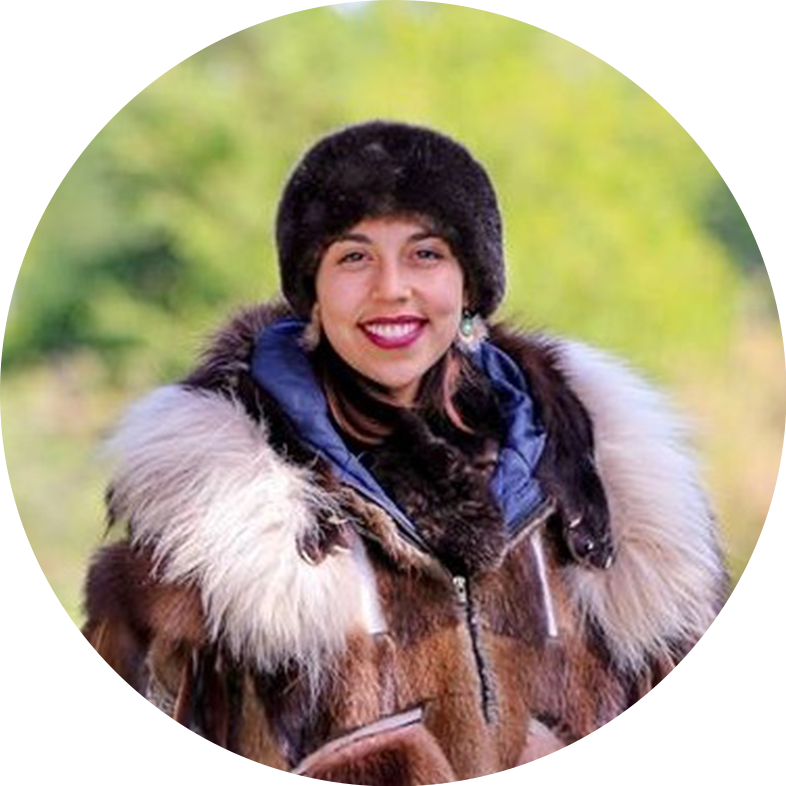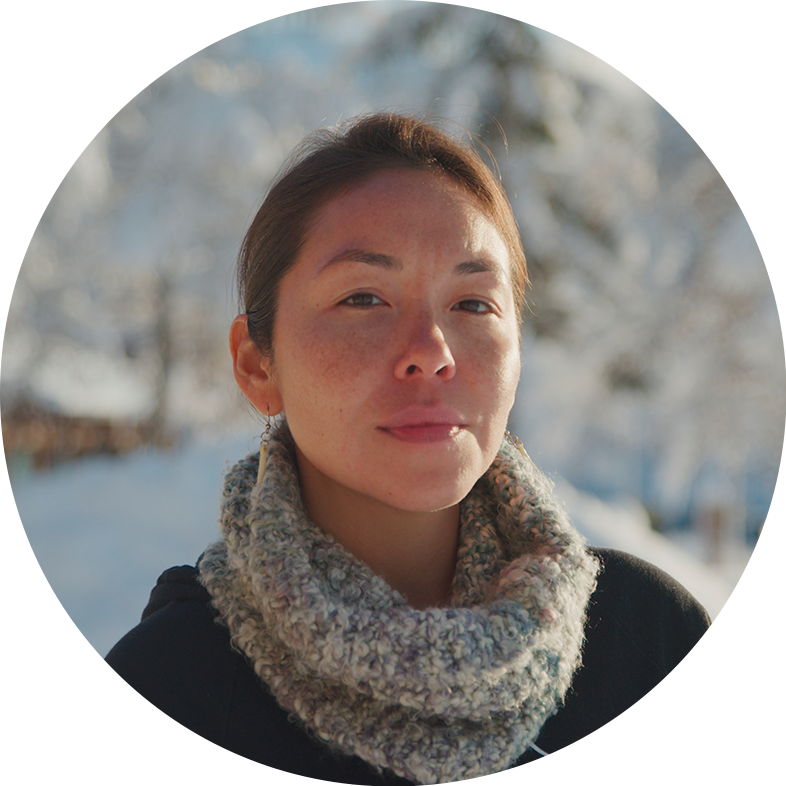
Our Work
Home / Our Work
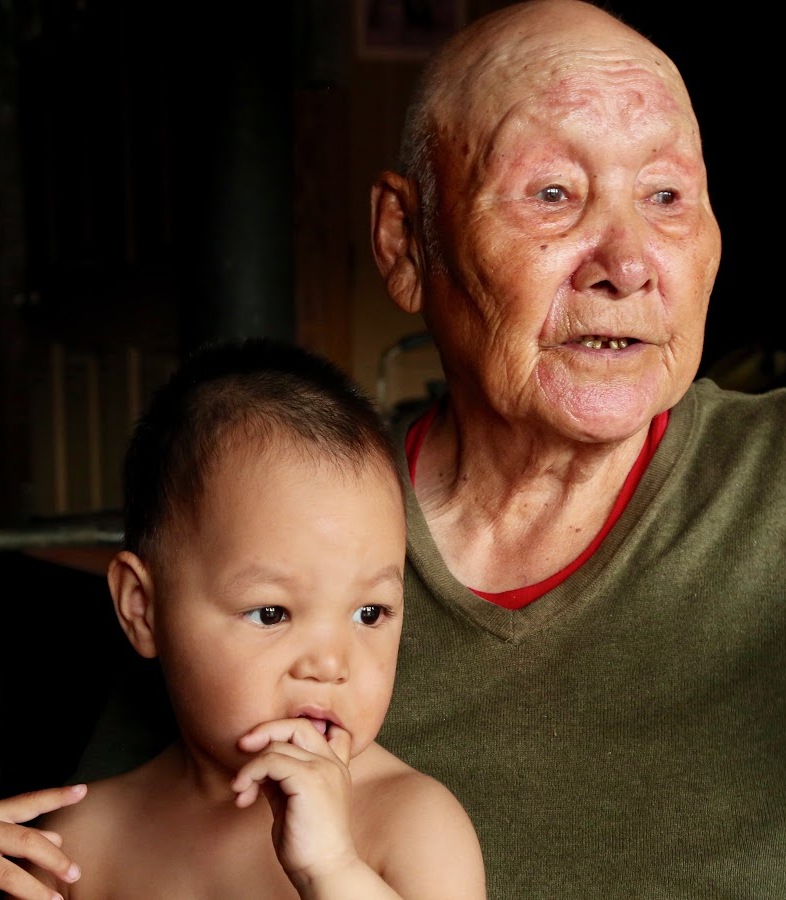
“ In the oral presentation the message is kinetic. It’s alive and moving…The storyteller and the listener can always elaborate and find new meaning. The listener can influence how you tell as story. The oral system is giving and taking…The giving is very generous, but taking is limited. It depends on how well you can listen.”
Marie Meade (Yup'ik), Nunapitchuk
We welcome you to listen to stories, engage in dialogue, and appreciate artistic expression with Alaska’s Indigenous peoples who are tackling complex local and global vulnerabilities while creating sustainable opportunities for future generations. We believe these stories will inspire you and arouse the courage and ambition for you to lead from within. Below you will find the focus areas of our narrative.
Validate and celebrate Alaska Native values, stories, and teachings and link them directly to sustained social, cultural, environmental, and economic development opportunities.
Reinforce that governing institutions that uphold and innovate through Indigenous values are positioned well to respond to cultural, social, climate, and economic justice issues while creating sustainable opportunities.
Catalyze momentum in Alaskan communities by sharing successful examples of Alaska Native values-based decision making and leadership in action. We believe others may be inspired to consider the link between the behavior of leadership and the activation of values within their own institutions.
Provide compelling communications tools and content that the next generation of leaders can use with decision-makers to advocate for their communities.
Provide guidance based on Alaska Native values to those seeking resilience and action on the frontlines of the climate crisis.
Increase philanthropic attention, funding, and resources for Indigenous led climate, environmental, and social justice efforts in Alaska.
